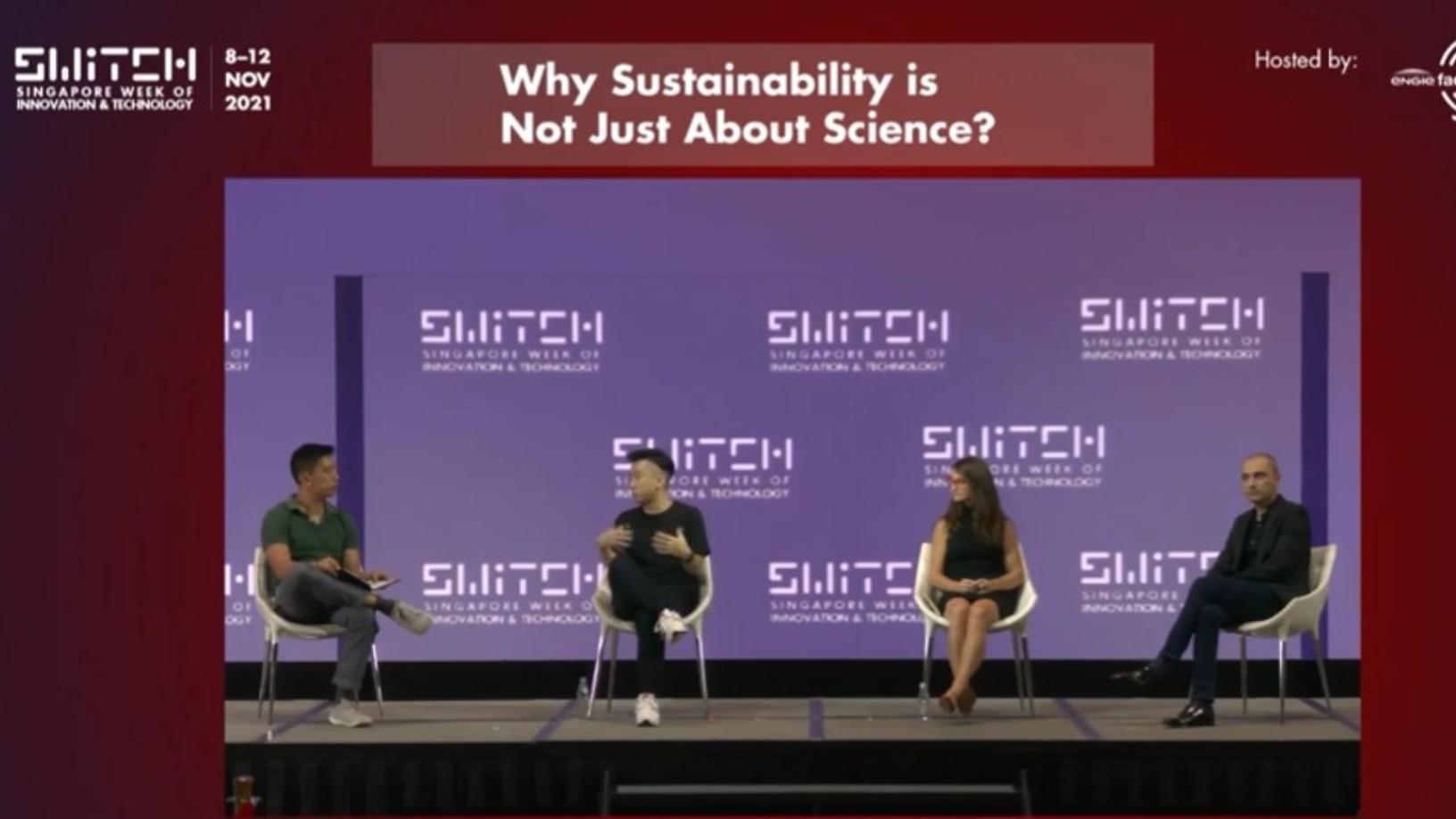While the coronavirus (Covid-19) outbreak was escalating in China, very few consumers were in the mood to shop. Meanwhile, with most businesses across the country shut down to contain the spread of the virus, their options were very limited even if they'd had the urge to buy.
The reduction in consumer spending, which contributed nearly 60% to China’s GDP in 2019, has given a huge blow to the economy. In the first two months of 2020, retail sales plunged 20.5% compared to a year earlier. And according to the macro-economic research team at Zhongtai Securities, the first quarter revenue from the worst-hit tourism sector is expected to drop by RMB 1.2tn.
As China has reported zero domestic coronavirus cases for several days, many believe the outbreak in the country is well past its worst. Lockdowns have been gradually removed even in Hubei province, which had been the coronavirus epicenter.
Although there are still some restrictions like capacity cuts, most businesses, including shopping malls, restaurants and movie theaters, have reopened. At the same time, in an attempt to stimulate consumer spending so as to offset the losses suffered amid the outbreak, local governments are rushing to announce incentive packages.
Boost shopping online and offline
Nanjing is among China’s first cities to hand out coupons to boost consumer spending. As of March 23, a total of 670,000 e-vouchers, with a face value of RMB 50 or 100 each, had been distributed to residents’ Alipay e-wallets, with more on the way. The coupons can be redeemed for purchases of meals, sporting equipment, books and digital devices in offline stores when shoppers pay using Alipay. For instance, a RMB 100 dining coupon could be used if a consumer spends at least RMB 150 in a restaurant. The effect was immediate. Consumers used the coupons to spend nearly RMB 10m in Nanjing in the first five days of issuance.
The capital city of Jiangsu province plans to issue prepaid shopping coupons, worth RMB 318bn in total, in different rounds via an online lottery system. Through the app My City of Nanjing, operated by the municipal government, anyone living in Nanjing can apply for them.
Many other cities including Beijing, Hangzhou and Shenzhen have followed suit, hoping coupons could help economic recovery by stimulating consumer spending. Some retailers also resort to similar measures. Shenzhen-listed retailing giant Suning.com, which acquired Carrefour China last September, plans to give away RMB 500m worth of coupons by the end of March to boost shopping at its stores both online and offline. Each consumer will be given as much as RMB 500 for home appliances, electronics and clothes purchases.
This move came after the Zhejiang city of Ningbo, together with a raft of companies, launched a sales promotion campaign to provide consumers with RMB 20bn worth of coupons. Suning.com is among the 12 e-commerce players that have joined the initiative.
It’s a different story for the local governments with tighter budgets, and which are less likely to afford such spending on coupons – in effect, a type of transfer payment – in the first place. In 2019, six provinces and municipalities, including Chongqing, Jilin and Heilongjiang, saw less fiscal revenue. But without spending a penny, they can also play a positive role in boosting consumption.Chengdu recently set a good example in this regard by allowing street vending in designated areas, which has been welcomed by both vendors and consumers.
Beyond that, other measures have been also adopted to achieve the same purpose. The Administration for Market Supervision in Gansu province has urged its officials to spend at least RMB 200 dining outside every week. Zhejiang and Jiangxi provinces as well as Longnan city in Gansu province have announced a policy to try a 4.5-day working week, encouraging employees to take vacations.
Less money to spend
Ideally, increased consumer spending will drive up demand, which will help to stimulate production and then stabilise employment. A positive cycle will thus form as steady jobs bring in more money to enable further spending.
But according to a survey by the financial information provider rong360.com, only 11% of Chinese consumers will increase spending even after the outbreak ends. Further, nearly two thirds plan to cut back on spending in the long run.
The coronavirus has hit consumer sentiment so hard that consumption incentives such as coupons might not work as the local governments have anticipated. Many people have lost income amid the crisis. From February 1 to March 14, nearly 4,000 companies had ceased operations permanently, leaving their employees unemployed. Larry Hu, chief China economist at Macquarie, said over 5m people in China lost their jobs this January and February.
Many employees of businesses that are struggling to stay afloat could only get minimum wages set by local governments because of extended closures.
Since the spread of the coronavirus becomes a pandemic, the economies of all the countries that are important trading partners of China have taken a heavy hit. Chinese export enterprises that have just resumed business now face other challenges. While many of their orders have been cancelled, it’s also become much harder for them to land new ones. Lack of orders will hit their workers' pockets as well.
With less money in pockets and an uncertain future, falling consumer confidence comes as no surprise. “Only when employment is ensured could we have more consumption,” said Xu Hongcai, deputy director of the Economic Policy Commission at the China Association of Policy Science.










